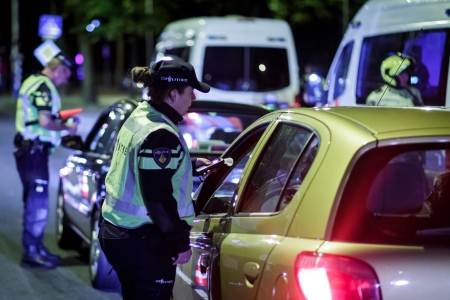There is no evidence that heavier penalties for alcohol offenders have an effect on reducing offences.
The Dutch information dates back to a few decades ago, and it is based on a considerable increase in the penalties for driving under the influence in 1992 (higher fines and more rapid suspension of the driving licence). The severer penalties did not lead to a decrease of drink driving [63] [64]. On the contrary, there was even a slight increase, probably partly due to the fact that the enforcement level simultaneously declined strongly.
More recent International studies did not find evidence of the effect of heavier penalties on drink driving either. An Australian study [65] found no relation between the penalty level and the chance that an alcohol offender would reappear in court. Nor was there any evidence that the length of the period that the driving licence was revoked affected this chance. Sloan et al. [66] found no relation between self-reported drink driving and perceived risks of being fined, of licence suspension, or of an ankle tag that monitors alcohol use (SCRAMM). In the US [67] and in Chile [68] no proof was found that heavier penalties for drink driving resulted in fewer alcohol-related road deaths.
Imprisonment is one of the heaviest penalties for drink driving. In different American States, the introduction of laws that impose imprisonment on offenders who are caught drink driving for the first time, were found to have little or no effect on drink driving [69]. Australian research found no relation between imprisonment and recidivism [70]. Howard et al. [71] conclude that for a deterrent to be effective, penalties should be applied swiftly, confidently and consistently, while the severity of the penalties has a smaller effect.
There may definitely be good reasons to impose heavier penalties on drink drivers, but ever-increasing penalties should not be expected to be effective in reducing alcohol-related road casualties or recidivism. Most certainly not if the subjective chance of being caught – the probability of an alcohol check as estimated by road users – remains low.
